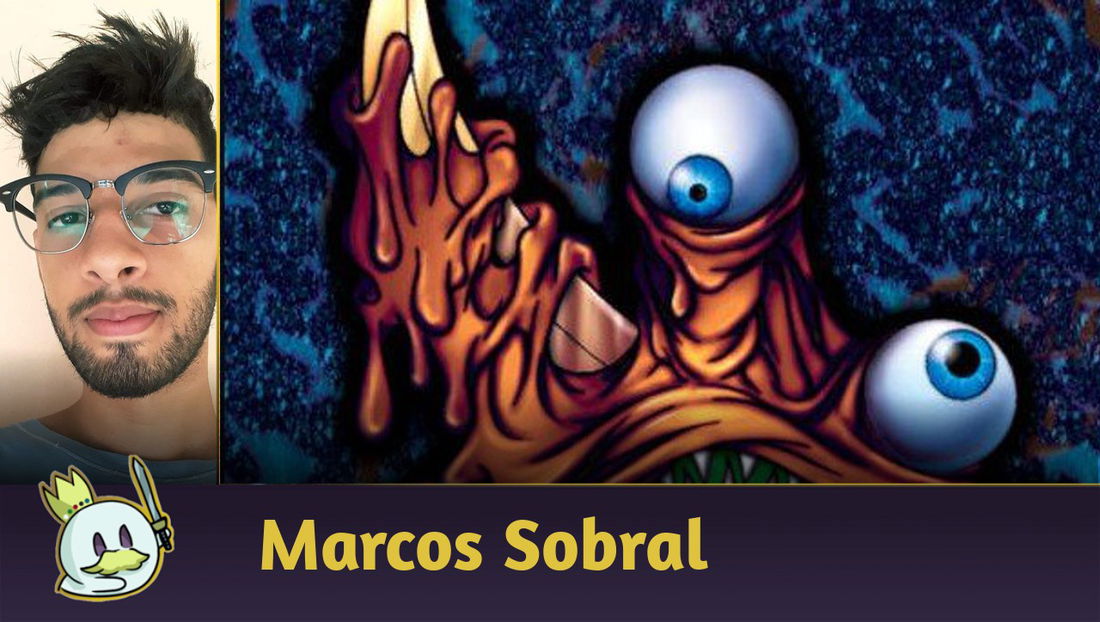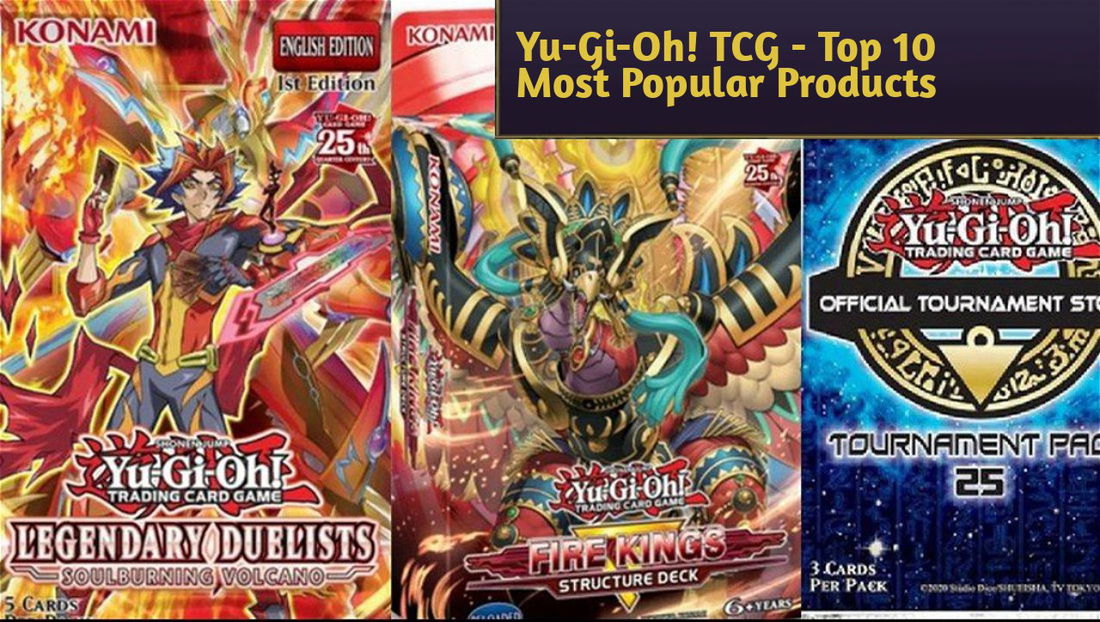Introduction
Persistent effects work as a sort of floodgate, but, unlike conventional floodgates, they affect the game even when they leave play. This way, you can only negate these effects when your opponent activates them, and you can't interact with them after they resolve.
In today's article, I'll show you the top 10 best Yu-Gi-Oh! TCG cards with persistent effects!
Top 10 Best Yu-Gi-Oh! TCG Cards with Persistent Effects
10 - Abyss Dweller
To open our list, we have Abyss Dweller, which is one of the best class 4 xyz monsters in Yu-Gi-Oh! TCG and has one of the strongest persistent effects in the game. It was incredibly relevant during Tearlaments reign as the tier 0 deck in the format.
Even though it isn't relevant in the current format, Dweller deserved a mention in this list because of how relevant it was in the past (and probably future, if we're being honest) for Yu-Gi-Oh! TCG.

9 - Archnemeses Eschatos
Archnemeses Eschatos locks down the game state according to the type of monster you declare when you activate its effect. Currently, the best decks in the format rely on Pyro monsters (Snake-Eye), and Dragon monsters (Tenpai), which makes Eschatos' effect quite interesting if you want to counter them.
The greatest issue with this card for this format is that we don't have a deck strong enough to put it in play consistently.

8 - Archnemeses Protos
Recently out of the banlist and considered one of the biggest problems in the game earlier in this format, Archnemeses Protos locks down the game similarly to its archetype buddy, Archnemeses Eschatos. Its effect is based around the monster attribute you declare when you activate its effect, instead of a monster type.
Considering the best decks in the format rely on Fire attribute monsters (Snake-Eye and Tenpai), and the other tier 1 decks rely on Light attribute monsters (Voiceless Voice and Melodious), Protos is undoubtedly quite strong right now.
However, we also don't have a strategy that summons it easily and efficiently.

7 - Heat Wave
Heat Wave has been quite popular in Tenpai side decks, and is an option if you're playing first with this deck. Considering Tenpai does very little going first, and opponents will usually tell you to start the match from game 2 onward, Heat Wave makes sure your opponent won't be able to play on their next turn. It will be as if your opponent started the match, but it will be even easier to break their board.

6 - Hot Red Dragon Archfiend King Calamity
Hot Red Dragon Archfiend King Calamity is always a problem for the game when it is in the metagame, and many players have asked for Konami to ban it ever since it was released. That's because its persistent effect practically guarantees a win to whoever played it - it's considered a FTK by players.
As if that weren't enough, you can't answer it when your opponent activates it.

5 - Gimmick Puppet Nightmare
Gimmick Puppet Nightmare is another "lock" card that is considered an FTK, and it is the greatest weapon against Branded Despia, one of the main rogue decks in this format. You'll lock down the game by using Albion the Sanctifire Dragon to summon Gimmick Puppet Nightmare on your opponent's board, and prevent them from special summoning anything.

4 - Harpie's Feather Storm
Harpie's Feather Storm is another really unfair card in this list, and the only reason why it isn't considered an FTK is that the only relevant deck that uses it is Floowandereeze. Despite its oppressive game style, this archetype doesn't finish matches easily, and often gives its opponents time to recover.
Another point that makes Harpie's Feather Storm stand out among other "lock" cards is that you access most of them through combos, which your opponents can interrupt with handtraps. Meanwhile, you can draw Harpie's Feather Storm, or access it with consistency cards, and, once in your hands, your opponent's can't use handtraps to negate it.

3 - Droll & Lock Bird
Droll & Lock Bird is one of the most popular handtraps in the game, and is always in the meta. For a long time, players have discussed whether it should be banned, and though it is considered unfair by many, others think it's incredibly necessary.
The truth is that Droll & Lock Bird is incredibly strong against decks that search a lot through their deck to combo, so much so that it has been influencing the new designs of cards and archetypes. Many new archetypes now have effects that let you combo and play around a possible enemy "Droll" at the same time.

2 - Dimension Shifter
Dimension Shifter is another card players have often asked to be banned because it completely disables graveyards, which are pivotal to the game. Besides affecting entire engines, this card also prevents you from activating handtraps that need to go to the graveyard as their "cost".
This way, "Shifter" is considered unfair because it heavily interferes with how much you can interact with your opponent in the game. This effect also lasts for two turns, which is a lot.

1 - Dimensional Barrier
To finish our list, we have Dimensional Barrier, another card that has been a prime candidate for the banlist for a while, and is really well-positioned in the metagame.
Even though it doesn't impact Snake-Eye, it is extremely strong against Tenpai (Synchro), Voiceless Voice (Ritual), and Melodious (Fusion). Besides, of course, being quite oppressive against other decks below tier 1.
This card is so relevant right now that it is forcing players to build their decks around it. They need to have plays they can make if they get hit by one, and some even use 1 copy of it when they go second as a target for Crossout Designator.

Final Words
Do you agree with our picks? Do you use any of these cards in your decks? Tell us your thoughts in our comment section below!
To get further information about the Yu-Gi-Oh! TCG universe, keep browsing our articles.
Cards Realm thanks you for your support! See you next time!














— コメント 0
, 反応 1
最初にコメントする